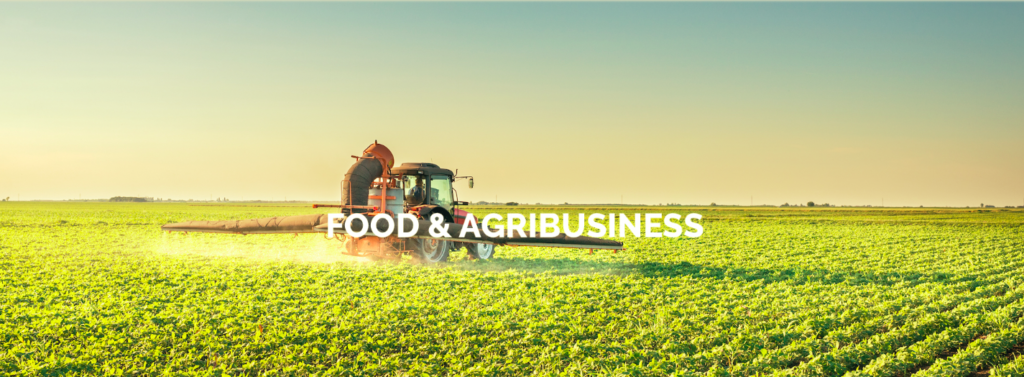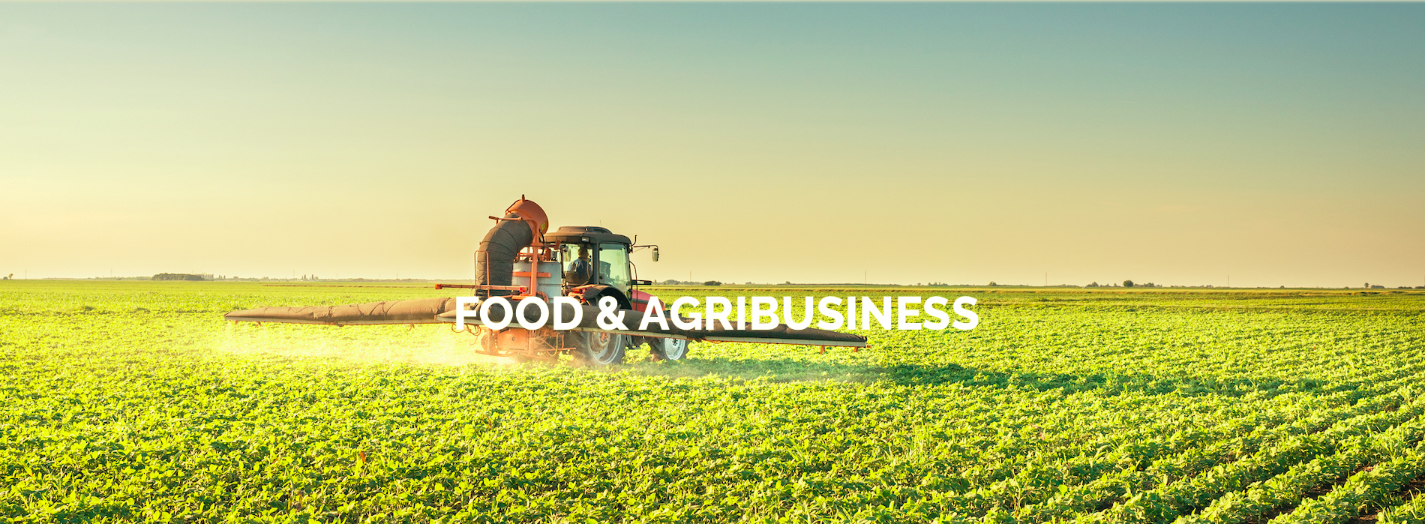 In Today’s Talking Points: China needs to prepare food for future needs and shed its past, Argentina pushes to expand beef exports in Asia, China starts to deliver food by drone and Tasmanian Salmon harvest may be affected by virus.
In Today’s Talking Points: China needs to prepare food for future needs and shed its past, Argentina pushes to expand beef exports in Asia, China starts to deliver food by drone and Tasmanian Salmon harvest may be affected by virus.
Preparing for Future Food Needs, China Tries to Shed Its Past
Since its establishment, the People’s Republic of China has endured an ongoing battle of feeding a growing population with a small amount of arable land. Although China has stunned the world with it’s ability to revolutionise technology in industries such as renewable energy and bio-engineering, China has been surprisingly slow to make similar advances in farming. There are over 240 million farmers who only 400 million acres of arable land, offering the average farm in China just two acres of arable land, relative to 433 acres in the US. The rapid industrialisation has caused China’s farming problems to grow exponentially, along with a growing middle class which has increased the demand for meats and vegetables. President Xi Jinping changed this in 2016, when he signed off on new laws allowing villages to transfer land to larger agribusiness operations, allowing the prospect of consolidation to seem a reality. Additionally, Beijing announced in February that they would increase their commitment to reforms by improve the rights that landholders have to rent out their farms, whilst moderately increasing the degree to which corporations can invest in rural farmland. These reforms Beijing made occurred very timely by some estimates, global food demand could increase by as much as 90 percent by 2050, which would have been mostly driven by China’s neighbours in Asia. That would have been disastrous for the economy as China could be left even more dependent on foreign imports, and desperate to snap up farmland abroad. Therefore, it is important for China to continue heading in the current direction of consolidating farmland, appose to falling back into the trap of having smaller, separate farms and controversially purchasing arable land overseas.
Read more at: World Politics Review.
Argentina pushes to expand beef exports to Asia
Argentina is now able to export fresh beef which is produced rom the southern region of Patagonia to both China and Japan. At the moment, Patagonia accounts for less than 3% of the Argentina’s total cattle, however after meeting international standards for food safety, the Argentinian government have a good case to negotiate with the Japanese Government about exporting beef from other parts of Argentina. This is fantastic news for Argentina as they are currently suffering from a weak peso and inflation, however both are able to be countered by increasing exports. In 2017, Japan imported 350 billion yen worth of Beef, with Australia and the US compromising 90% of that total. With the Trans-pacific Partnership expected to soon come into effect, Argentina is looking to forge an economic agreement with Japan through Mercosur (South American trade bloc), to be able to compete with Australia and the US. It is crucial for Asian countries, especially China to receive more meat because of the rising population and thus, increasing demand for food.
Read more at: Asian Review
China starts to deliver food by drone
Eleme, which is one of China’s largest online food delivery services has begun trials to deliver food via drone. The use of drones will be first trailed in Shanghai’s Jinshan Industrial Park and if successful be expanded to other parts of China. However, the process will still require delivery personnel to collect the takeaway order and place it in the drone.
Read more at: South China Morning Post
Tasmanian Salmon harvest may be affected by virus
The Australian Environmental Protection Authority (EPA) confirm on the 29th of May that approximately 1.35 million salmon have died since October last year. The suspected outbreak seems to have begun in the Macquarie Harbour and then spread. The strain, pilchard orthomyxovirus (POMV) has affected several fish farms including those operated by Huon Aquaculture, Petuna and Tassal. Operators of the Salmon farms are actively looking for a cure.
Read more at: Xinhuanet

